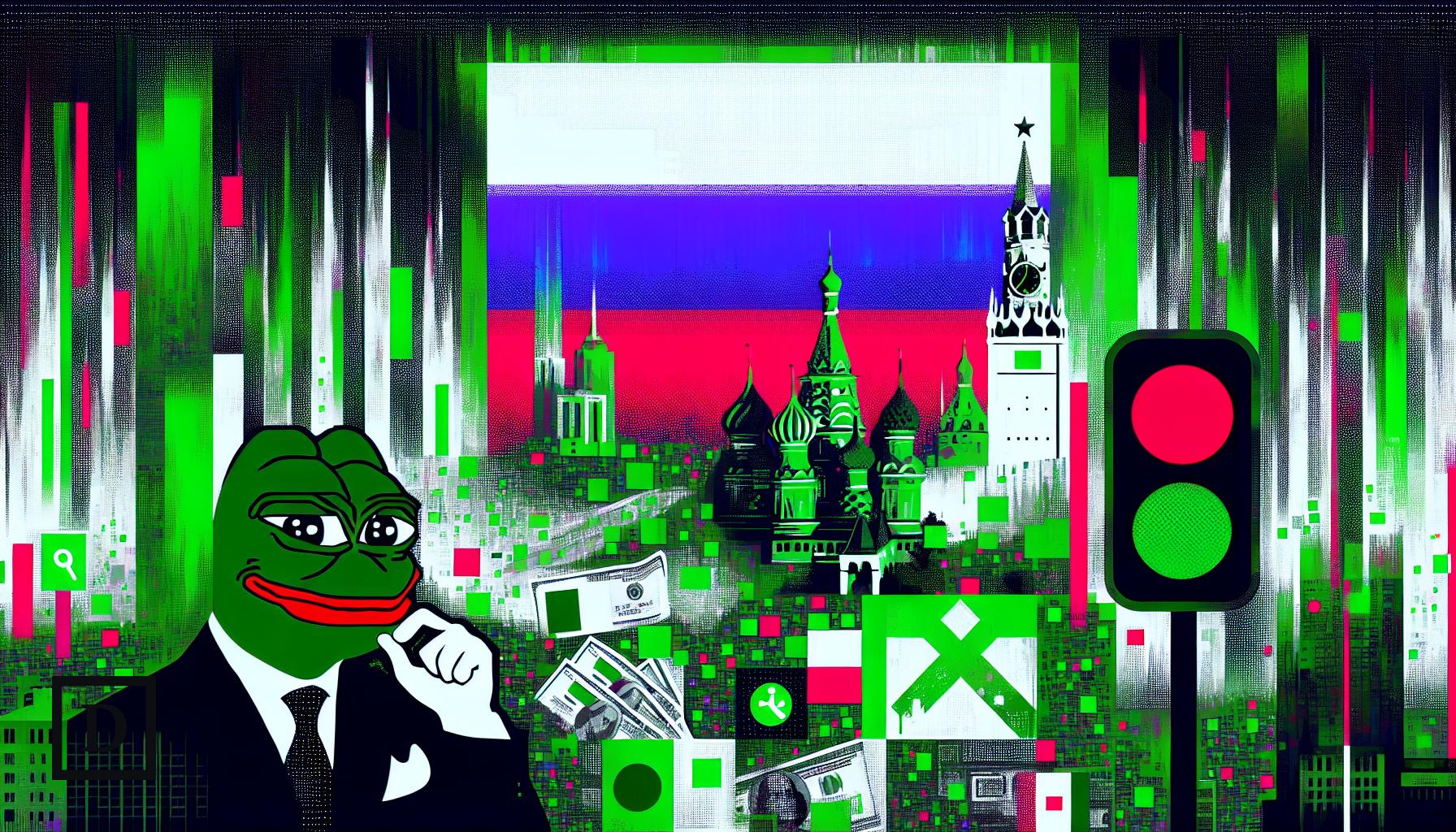Russia’s Central Bank Considers Tokenizing Russian Stocks, But for Foreigners
Implementation hinges on foreign partners willing to issue tokenized versions of shares of Russian firms, despite sanctions from the EU and U.S. The central bank of Russia said in a recent statement that it would consider allowing the tokenization of domestic company shares to make them available to foreign investors, in a move that could…
Implementation hinges on foreign partners willing to issue tokenized versions of shares of Russian firms, despite sanctions from the EU and U.S.
The central bank of Russia said in a recent statement that it would consider allowing the tokenization of domestic company shares to make them available to foreign investors, in a move that could open a new channel for capital inflows, without relying on sanctioned infrastructure.
As local news media outlet TASS reported on Thursday, Oct. 9, Bank of Russia first deputy governor Vladimir Chistyukhin told reporters at the Finopolis 2025 forum that tokenizing Russian equities for overseas trading is “a possible option.” He added, however, that the initiative would largely depend on foreign partners willing to create and operate tokenized versions of Russian assets abroad.
“Yes, this is a possible option. But in this matter, a significant role is assigned precisely to foreign partners, that is, to those foreign persons who are willing to tokenize Russian assets in order to carry out their purchase and sale abroad,” Chistyukhin said, per the English translation of the original quote from TASS.
Chistyukhin’s comment on foreign partners “who are willing to tokenize Russian assets” reflects the reality that U.S. and European regulations, which currently impose sanctions against the Russian Federation, largely bar people from those regions from buying Russian stocks or bonds.
For instance, the U.S. Treasury’s Office of Foreign Assets Control (OFAC), has prohibited U.S. persons from purchasing both new and existing debt and equity securities issued by entities in the Russian Federation under multiple executive orders.
Similarly, the European Union’s Council prohibits dealings in transferable securities issued after April 12, 2022, by publicly controlled Russian entities.
Moscow Exchange to Add Crypto Indices
The tokenization plan builds on an earlier proposal by the chairman of the Moscow Exchange — Russia’s largest stock exchange — Sergey Shvetsov, who said the exchange could give global investors exposure to Russian assets while bypassing intermediaries or systems affected by Western sanctions, local business media RBC reported on Sept. 29.

As of press time, Russia’s IMOEX index, which tracks the 50 largest and most liquid Russian stocks on the Moscow Exchange, is down about 34% since early 2022, hovering around levels last seen in April 2022.
Alongside its tokenization push, the Moscow Exchange is deepening its involvement in crypto, planning to expand its crypto index offerings. The existing index, for Bitcoin — calculated once daily using BTC/USDT perpetual futures and swaps data from Binance, Bybit, OKX, and Bitget — will be joined by ten new indices tracking crypto assets, including one for spot Bitcoin and Ethereum (ETH), RBC reported on Oct. 8, citing Viktor Zhidkov, head of the Moscow Exchange.
He also added that, pending regulatory approval, the exchange plans to launch quarterly and perpetual futures, as well as options, based on the ten new crypto indices.
In early October, Mike Novogratz’s crypto firm Galaxy Digital projected that tokenized assets could reach a $1.9 trillion market capitalization by 2030 under its base scenario, though tokenized equities make up a small segment of that.
Last month, the Nasdaq filed to launch tokenized versions of its listed stocks and exchange-traded products.

